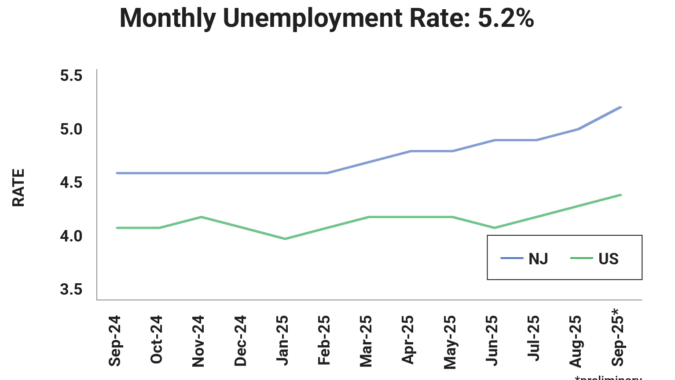New Jersey is slowly beginning to reopen, but as lawyers at Connell Foley point out, return to work does not necessarily mean a return to normal. As government restrictions on business operations are lifted, businesses will need to have plans in place for doing business in the age of coronavirus.
Connell Foley attorneys Michael J. Affrunti and Michael A. Shadiack have published a blog post on some of the workplace policies businesses should consider.
“While many states are still in the process of determining when and how to reopen the economy, there are a few simple yet crucial steps employers can take now to update policies and prepare their office and staff for the new way of doing business,” they write. Connell Foley is NJBIA’s Employment Law Resource provider.
Employers should check out the full blog post. In the meantime, here is a brief summary of the policies presented by Affrunti and Shadiack.
A phased-in return to work with employees returning based on business needs, ongoing restrictions on operations, and the need to comply with health conditions. “Selections should be made for legitimate business reasons and documented to provide evidence of non-discriminatory selection criteria if later challenged,” they state.
A COVID-19 “containment policy” consistent with the CDC Interim Guidelines for Businesses should be communicated electronically, and posted at workstations and common areas throughout the workplace. “Employers should facilitate compliance with the containment policy by providing soap, hand sanitizer, and cleaning supplies throughout the work place,” they add.
They also encourage employers to provide guidance on how work is done, taking into consideration everything from informal greetings (like handshakes or hugs) to barring visitors.
Finally, Affrunti and Shadiack recommend adopting a written policy to implement whatever health screening measures a business will use. “The policy should also communicate the consequences of refusing to take a test, which could include precluding an employee from working on-site and/or barring the employee from work,” they state. “Non-exempt personnel who refuse to submit to health screening may be barred from work without pay.” But be aware of workers who may qualify for a reasonable accommodation under the ADA or religious exemption under the Civil Rights Act.



